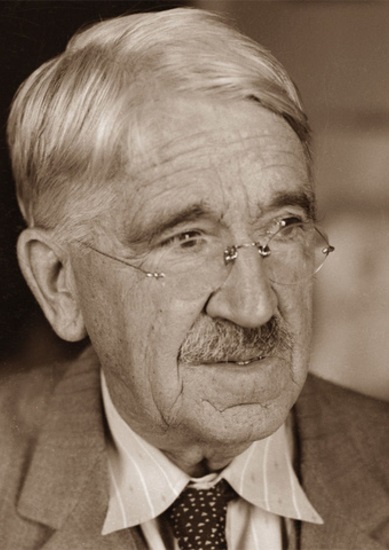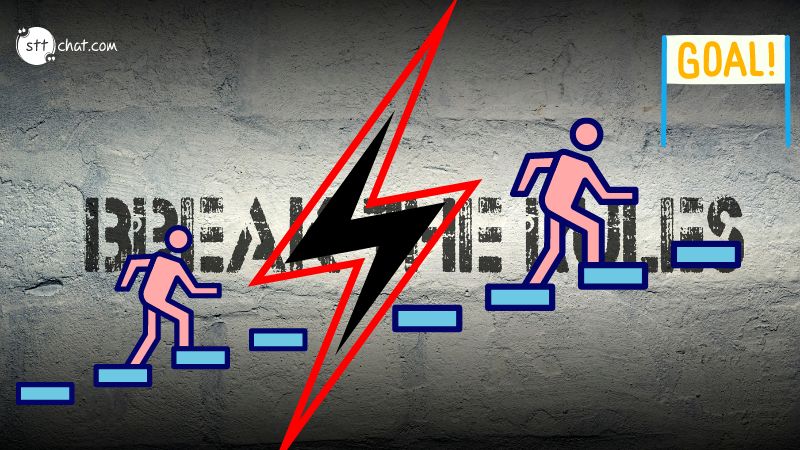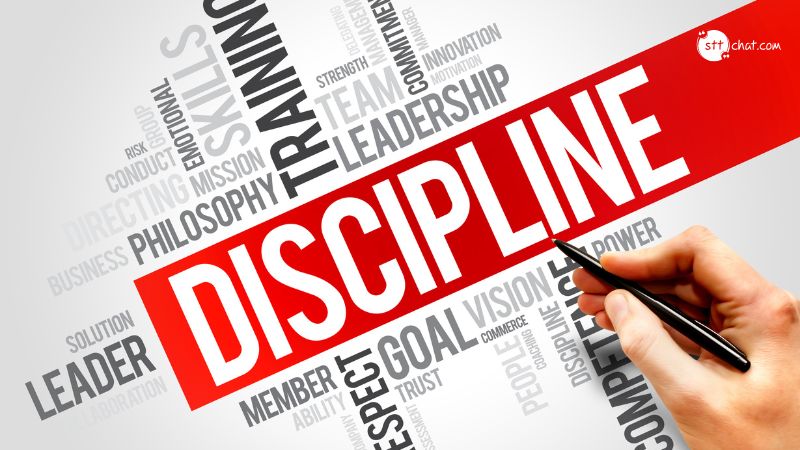"Education is not preparation for life; education is life itself"
John Dewey, an influential American philosopher and educator, revolutionized the way we think about education. His quote, "Education is not preparation for life; education is life itself," encapsulates his belief that education is a continuous and integral part of our existence, rather than a mere preparatory phase. This perspective challenges traditional views and underscores the importance of lifelong learning.
1.Understanding Dewey's Philosophy

Portrait of John Dewey - Source: Internet
2.Education is not preparation for life

Education will give you amazing things
3.Education is life itself
The second part of Dewey's quote emphasizes that education is an ongoing and integral part of life. Learning does not end when formal education concludes; rather, it continues throughout our lives. This perspective aligns with the concept of lifelong learning, which encourages individuals to continually seek knowledge and growth.
Dewey's view of education as life itself highlights the interconnectedness of learning and living. He believed that education should be rooted in real-life experiences and that the skills and knowledge gained through education should be applicable to everyday situations. This approach fosters a holistic understanding of the world and encourages individuals to become active, engaged members of society.
4.Education in real-life and applications
4.1.Education in real life
Consider the example of project-based learning, an educational approach that aligns with Dewey's philosophy. In project-based learning, students engage in real-world projects that require them to apply their knowledge and skills. This method not only enhances academic understanding but also develops critical thinking, collaboration, and problem-solving abilities.
4.2.Application example
Another example is the integration of service-learning in educational curricula. Service-learning combines academic study with community service, allowing students to apply classroom knowledge to address real-world issues. This experiential approach to education embodies Dewey's belief that education is a continuous and practical process.
Impact on Modern Education
Dewey's ideas have significantly influenced contemporary education systems. Many modern educational practices, such as experiential learning, student-centered teaching, and the emphasis on critical thinking, can be traced back to Dewey's principles. His work has inspired educators to create learning environments that are engaging, relevant, and reflective of students' lived experiences.
For instance, the Montessori and Waldorf education systems incorporate Dewey's emphasis on experiential learning and holistic development. These approaches prioritize hands-on activities, creative expression, and the development of social and emotional skills.






